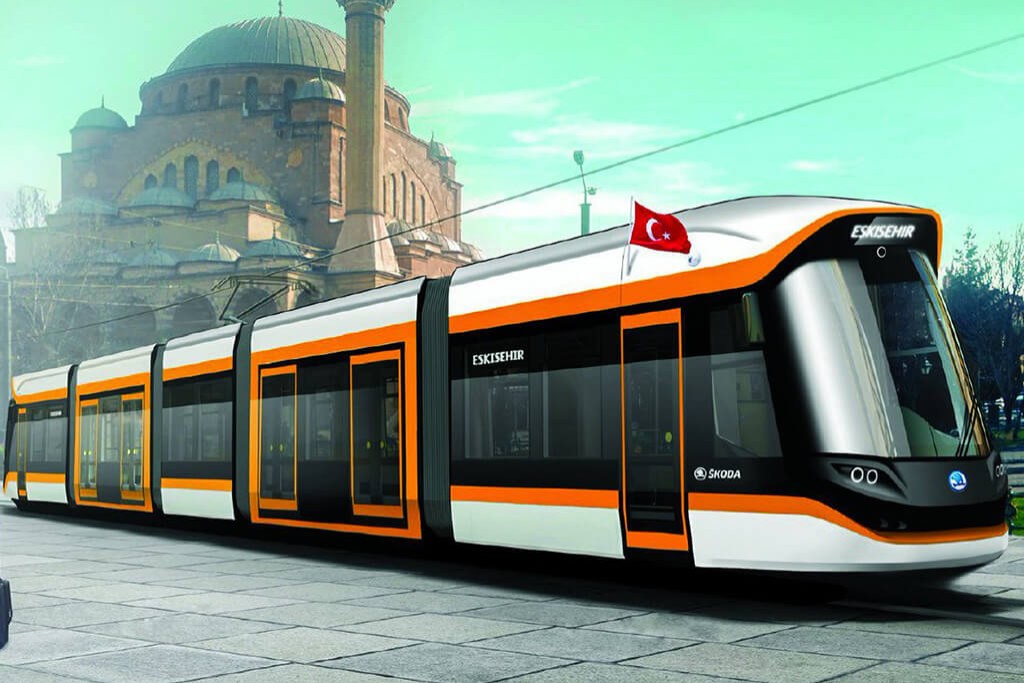Preparation of Eskişehir Metropolitan Municipality Tram and Spare Parts Purchase Feasibility Report
- Financing : Equity Capital
- Service : Transportation
- Employer : İlbank-Department of International Relations
- Project Duration : 06.2020 – 09.2020
After the completion of ESTRAM 3rd Stage project, it is envisaged that 56 trams will be used for the operating lines that are planned to provide the necessary capacity, meet the passenger expectations at the maximum level and minimize the victimization that may be experienced. In addition, there should be 62 trams in total, including trams required for spare / maintenance-repair at a rate of 10%. Since there are currently 47 trams, an additional 15 trams and their spare parts are required to be purchased.
With this project, the system, which operates with 47 vehicles, is not sufficient for travel demands, but the occupancy rates are around 100%, especially due to the demand during rush hour traffic. For this reason, although citizens want to travel with the tram system, they are either unable to access comfortable transportation or cannot access the system and have to switch to other modes of transportation such as buses, minibuses or private vehicles. This situation causes a loss of income for the Metropolitan Municipality and causes various problems for the city such as extra traffic load, carbon gas emission and noise pollution. With the purchase of 15 new vehicles, it is aimed to achieve a more sustainable business by improving these issues.
It is considered that if ESTRAM increases its capacity by supplying new tram vehicles, the following benefits will be provided:
- As private vehicle users will find the opportunity to travel more comfortably by trams with the increased capacity, they will be able to travel much cheaper than private vehicles;
- Both tram users and passengers who choose other modes of transport will gain significant time savings due to reduced traffic congestion;
- Some of the urban destruction will shift from highways to the rail system, resulting in savings from the operation and maintenance costs of highways;
- Since some of the passengers who previously traveled by buses will move to the trams, savings will be obtained from the expenses of EBB arising from bus management.


